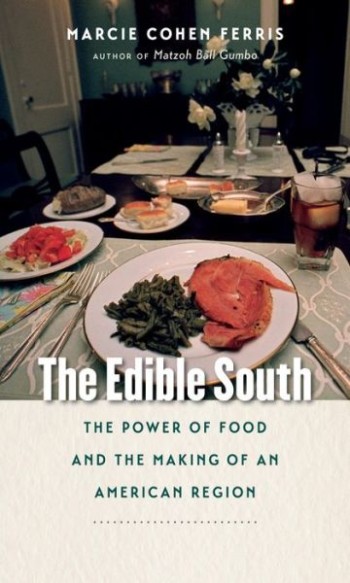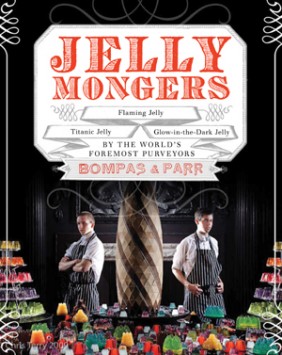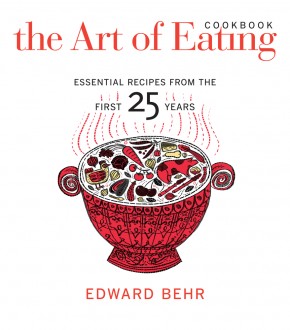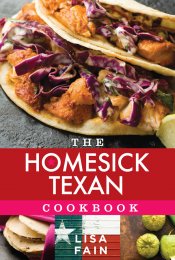The Edible SouthThe Power of Food and the Making of an American Region
The experience of food serves as an evocative lens onto colonial settlements and antebellum plantations, New South cities and Civil Rights-era lunch counters, chronic hunger and agricultural reform, counterculture communes and iconic restaurants as Ferris reveals how food–as cuisine and as commodity–has expressed and shaped southern identity to the present day.
In The Edible South, Marcie Cohen Ferris presents food as a new way to chronicle the American South’s larger history. Ferris tells a richly illustrated story of southern food and the struggles of whites, blacks, Native Americans, and other people of the region to control the nourishment of their bodies and minds, livelihoods, lands, and citizenship. The experience of food serves as an evocative lens onto colonial settlements and antebellum plantations, New South cities and Civil Rights-era lunch counters, chronic hunger and agricultural reform, counterculture communes and iconic restaurants as Ferris reveals how food–as cuisine and as commodity–has expressed and shaped southern identity to the present day.
The region in which European settlers were greeted with unimaginable natural abundance was simultaneously the place where enslaved Africans vigilantly preserved cultural memory in cuisine and Native Americans held tight to kinship and food traditions despite mass expulsions. Southern food, Ferris argues, is intimately connected to the politics of power. The contradiction between the realities of fulsomeness and deprivation, privilege and poverty, in southern history resonates in the region’s food traditions, both beloved and maligned.
In this colorful and well-researched history, [Ferris] shows persuasively how food has shaped and nourished Southern identity.”
—Kirkus
“Ferris has exhaustively traced the origins of southern cooking. . . . [She] delves into the South’s most significant foods. . . [and] performs a particularly important job by painstakingly explaining just how slave culture and subsequent Jim Crow laws and segregation made southern cooking unique.”
—Booklist
“The best scholarship bridges gaps between academic and popular writing, amplifying primary source research with insightful commentary and approachable analysis. In this genre-defining work of history told through foodways, Marcie Cohen Ferris meets that charge, escorting readers from Virginia, where bread riots erupted in the 1860s, to Arkansas, where agricultural communes emerged in the 1970s. To understand how and why the South defines itself in the kitchen and at table, start here.”
–John T. Edge, series editor, Southern Foodways Alliance Studies in Culture, People, and Place
“The Edible South will garner readers who want to understand class and power through food in a culture. The need for this comprehensive and ambitious account of southern food–including the lesser known stories of the countercultural sixties and seventies in the South–has grown only more pressing. Ferris listens carefully to the whole southern food story.”
–Elizabeth S. Engelhardt, University of Texas at Austin
“In this intimate and highly engaging book, Marcie Cohen Ferris invites the reader both to celebrate the particularly distinctive and deeply felt food practices of the American South and to look beneath the moonlight and molasses myths. She demonstrates that southern foodways have straddled a tangle of contradictions–particularly the harsh dynamics of racism, sexism, class struggle, and ecological exploitation that have produced a history that is both pastoral and pathological. But unlike most gothic tales, Ferris sees a progressive synthesis emerging out of the complexity of southern food culture.”
–Warren Belasco, University of Maryland, Baltimore County











Leave a Reply